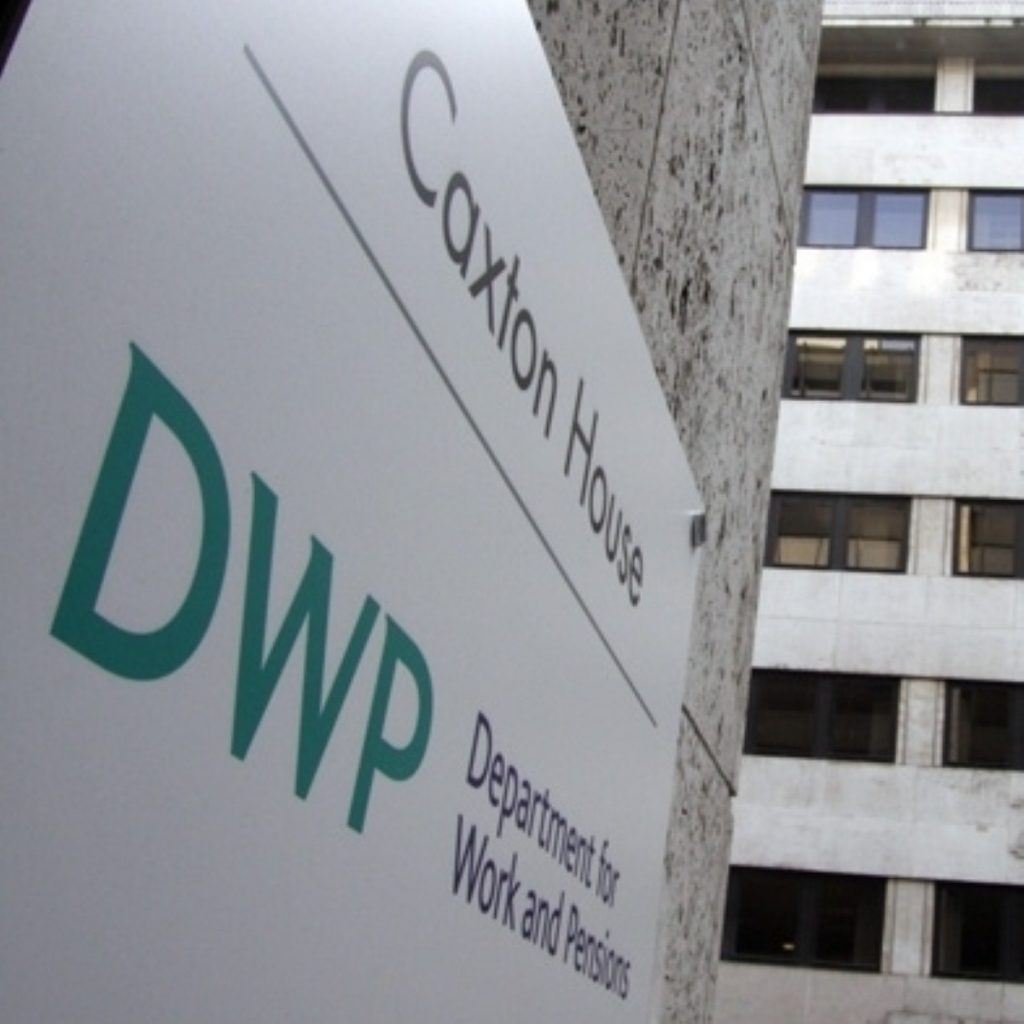Welfare-to-work: No ‘acceptable’ level of fraud, MPs tell govt
Government officials should avoid the temptation to define an 'acceptable level of fraud', MPs have said, as a probe into allegations of malpractice at a major government contractor continues.
The warning came in a report by the Commons' influential public accounts committee which attacks the Department for Work and Pensions (DWP) for not doing enough to detect evidence of fraud at A4e, one of the biggest firms it has paid to implement welfare-to-work schemes.
Robert Devereux, permanent secretary at the DWP, gave an evasive answer to MPs when questioned on defining 'acceptable' fraud.
"Rather than define what is an acceptable level of fraud in any public programme the department should take all reasonable and affordable steps to drive out fraud," the report noted.


"We believe that our recommendations for improved oversight, new inspections, more transparency and more effective due diligence on companies who seek public contracts will all contribute to this.
"It is not enough to have the power to terminate a contract after the fact. Government has a responsibility to prevent fraud as well as to remedy it."
The Employment Related Services Association made clear in evidence to MPs that "fraud at any level is completely unacceptable", but said it was impossible to "design or manage out all risk of individual instances of fraud".
In a statement clarifying their position released at Friday lunchtime, a DWP spokesperson said: "Any fraud is completely unacceptable.
"Where we identify, or are notified of, allegations of contractor fraud, these cases are investigated thoroughly by professionally trained and experienced investigators to a standard required to support reference to the police whenever evidence of criminal offences is discovered."
A4e is now under investigation by the DWP after the claims emerged earlier this year. MPs said they were unimpressed by the "insufficiently thorough" nature of its probe, however, and claimed that more could have been done
"Where the government chooses to use private companies to deliver public services it is essential that proper arrangements are in place to prevent and detect fraud and malpractice," committee chair Margaret Hodge said.
"In this instance, the DWP's arrangements for overseeing and inspecting its contractors were so weak that vital evidence on potential fraud and improper practice was not picked up."
Internal reports dating from 2009 pointing to instances of potential fraud and malpractice across the country were not picked up by officials, she said.
DWP sources pointed out that the work programme had put in place stronger controls than the previous schemes which MPs had looked at, however.
"As the Work Programme is based on payment on result, the risk is now taken on by the provider," a spokesperson pointed out.
"Providers are paid on the basis that not only do they get someone into work, but that they stay in work.
"We have also put in place the toughest anti-fraud measures ever included in a government back to work scheme. We have made this clear to the committee on several occasions. The examples of fraud mentioned in the report do not relate to the Work Programme."

